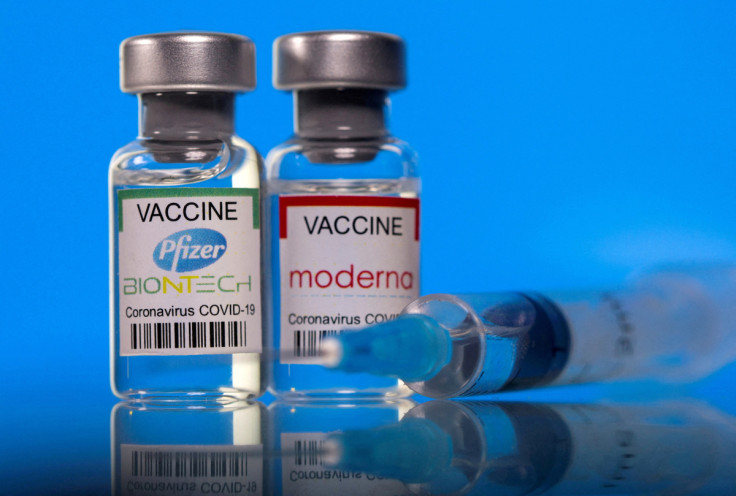COVID Vaccine Side Effects: FDA Announces Rare Heart-Related Reactions - What You Should Know

The US Food and Drug Administration (FDA) has released a new public advisory related to potential side effects of the COVID-19 vaccine to those with rare heart conditions–myocarditis and pericarditis.
The new advisory follows the latest clinical research, which indicates a higher chance of these side effects and the need for mRNA vaccine manufacturers to include this information in their prescribing information for patients.
Which Vaccines Are Involved–And How Prevalent the Cases Are
In its latest advisory, the FDA has updated safety warnings for the Pfizer-BioNTech (Comirnaty) and Moderna (Spikevax) COVID-19 vaccines, emphasising that the risk of myocarditis and pericarditis—heart inflammation conditions—is highest in males aged 12 to 24.
New data from insurance claims revealed approximately 27 cases per million doses in this group within a week of vaccination, compared to 8 cases per million across all ages, from 6 months to 64 years. Most affected individuals had received a two-dose series.
Follow-up scans months later showed lingering heart abnormalities in some patients, but the long-term health impact remains unclear. These risks, though rare, have been included in vaccine labelling since 2021.
How FDA Determined the Side Effects
A US study funded by the FDA back in 2024 looked at about 300 people who developed myocarditis after getting an mRNA COVID-19 vaccine. Some reported heart-related symptoms around three months later. Many had detailed heart scans shortly after diagnosis and again about five months later.
These scans often showed signs of heart muscle injury, which improved for some but not for everyone. However, experts still don't know if these lingering signs mean there could be long-term heart problems.
'COVID-19 vaccine-associated myocarditis has a mild initial clinical course, but myocardial injury as evidenced by late gadolinium enhancement (LGE) on cardiac magnetic resonance (CMR) at initial presentation is common, especially in older adolescent males who present after their first or second dose of mRNA vaccines,' the researchers stated in their study.
What Other Rare Side Effects Have Been Recorded
In addition to myocarditis and pericarditis, rare circulatory-related side effects have been linked to COVID-19 vaccines. One is thrombosis with thrombocytopenia syndrome (TTS), a severe blood clotting disorder primarily associated with the Johnson & Johnson vaccine.
Another is immune thrombocytopenia (ITP), a condition characterised by low platelet counts, which has been observed in rare cases following mRNA vaccination. Meanwhile, Guillain-Barré syndrome (GBS), a nerve condition that can affect circulation and muscle control, has also been reported, particularly with adenovirus-based vaccines.
These side effects remain extremely rare, and health agencies stress that the benefits of vaccination far outweigh the risks, especially in preventing severe COVID-19 complications.
© Copyright IBTimes 2025. All rights reserved.



















